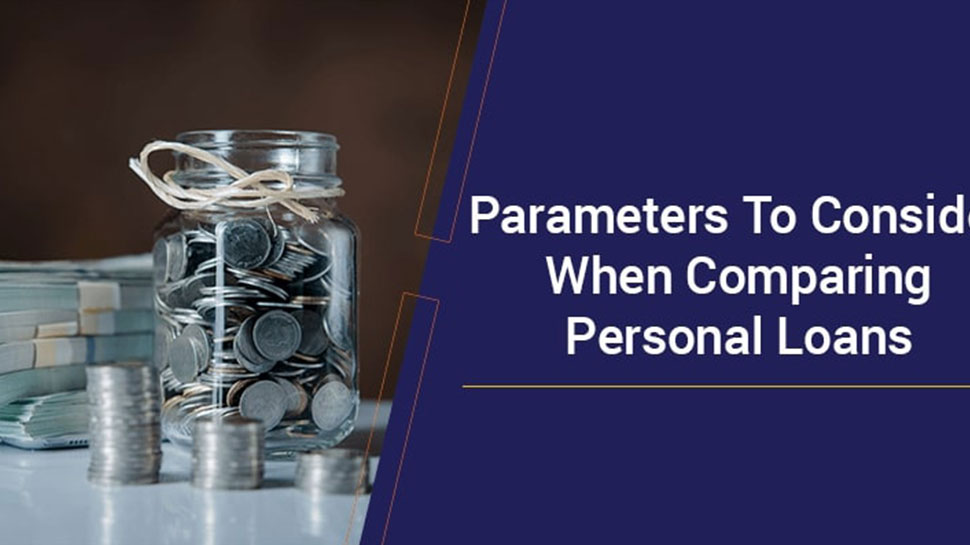Home loan calculation and Income Tax Benefits
Everyone dreams of owning a house. No matter where you are from, owning a house is always a dream waiting to be turned into reality. Raja also dreamed of owning a house to finally fulfill his parents’ dream of owning a home.
Written by Web Desk Team | Published :August 30, 2022 , 2:53 pm IST

Everyone dreams of owning a house. No matter where you are from, owning a house is always a dream waiting to be turned into reality. Raja also dreamed of owning a house to finally fulfill his parents’ dream of owning a home. Since Raja had secured a stable job, he thought of taking a home loan. He knew it was a giant leap of faith for his financial life, but it was worth it.
Like Raja, many dream of buying a house, owning a farm, or making a real estate investment. If you are one of them, there’s excellent news! Home loans come with Income Tax Benefits. You can save a lot of money now!
If you’re curious to know how to, let’s find out!
Home Loan Income Tax Benefits
The Government of India has partnered with your dream of owning a house! It has brought out various beneficial schemes like Pradhan Mantri Jan Dhan Yojana , Pradhan Mantri Awas Yojana and others to turn your dream home into a reality. The Income Tax Act, 1961, makes you eligible to claim tax benefits.
1. Deduction on Home Loan
A home loan is taken for the purpose of purchasing or constructing a house. When you pay EMI on the home loan, you make an Interest Payment and Principal Repayment. Under Section 24, you may get deductions up to Rs 2 lakh from your total income as the interest component of the EMI you paid during the year. For instance, the maximum deduction Raja would receive for interest paid on self-occupied residential property is Rs 2 lakh.
2. Deduction during Pre-Construction Period
Let’s say Raja purchased a property still being built and has not yet moved in. In this case, Raja won’t be able to deduct home loan interest until the construction is finished or when he purchases a property that is already built. He will, however, have to pay the EMIs.
Does this imply that Raja would not be eligible for any tax benefits on the interest paid between when he borrowed the loan and when the building was finished? No.
The Income Tax Act allows for an interest called the pre-construction interest. In addition to the deduction from your house property income that you would otherwise be qualified to claim, a deduction in five equal installments beginning with the year the property is acquired or construction is finished is permitted. The maximum eligible amount is still Rs. 2 lakhs, however.
Suppose Raja is paying Rs. 10,000 in interest for the home construction. After two years, the house’s construction was finished in 2019. As a result, Raja may only begin to recover the pre-construction interest of around Rs 2.4 lakh that he paid when the building is completed in five equal installments starting in 2019. Section 24(b) only allows for a maximum interest deduction of Rs 2 lakh (including current year interest and pre-construction interest).
Raja may, however, deduct an additional Rs 1.5 lakh if his house loan qualifies for a deduction under Section 80EEA.
3. Deduction on Principal Repayment, Stamp Duty and Registration Charges
Section 80C of the Income Tax Act permits a deduction for the principal component of the EMI paid throughout the year. Up to Rs 1.5 lakh can be claimed as the maximum amount.
However, the house property must not be sold within five years of occupancy in order to qualify for this deduction. If not, the earlier deduction will be subtracted from your income in the year of sale. Under Section 80C of the Income Tax Act, a deduction for stamp duty and registration fees can also be made in addition to the deduction for principal repayment, but only up to a total of Rs 1.5 lakh. It can only be claimed in the year that these costs are incurred, though.
4. Deduction Under Section 80EE
You are eligible for an additional deduction under Section 80EE up to Rs 50,000. To claim this deduction, you need to meet the following criteria:
– The property’s worth cannot exceed Rs 50 lakh, and the loan amount borrowed must be Rs 35 lakh or less.
– The loan had to be approved between April 1, 2016, and March 31, 2017.
– You should be a first-time homeowner and not own any other homes as of the loan approval date.
5. Deduction Under Section 80EEA
The Government of India, in Budget 2019, has added another deduction under Section 80EEA for homebuyers. It values up to a maximum of Rs. 1,50,000.
You need to meet the following criteria to avail the benefit:
– The property’s stamp value should not be more than Rs 45 lakh.
– The loan must have been sanctioned from 1 April 2019 to 31 March 2022 (extended from 31 March 2021)
– You should be a first-time home buyer and not own any other homes as of the loan sanction date.
With all these deductions, how do you do the right calculation, right? How much will you save? Don’t you worry. We’re here to guide you!
The easiest way to calculate your home loan tax benefits is by choosing a home loan tax benefit calculator. There are many options available on the internet for absolutely free.
What is a Home Loan Tax Saving Calculator?
A home loan or housing loan tax saving calculator is an online tool that assists you in calculating your total tax savings on taking a home loan. The calculator just asks for basic information or parameters such as the total amount you have borrowed – Principal amount, interest rate, loan tenure, your annual income, and the status of ownership. Once you fill in these details you can instantly receive a figure for your taxing savings on the home loan.
If you plan on calculating your home loan tax benefits you need to take the following deductions into account.
● Deduction for interest paid on housing loan
● Deduction on interest paid towards home loan during the pre-construction period
● Deduction on principal repayment
● Deduction for stamp duty and registration charges
● Additional deduction under Section 80EE as per the Budget 2019
● Deduction for a joint home loan
Every person dreams about having a dreamly home. Several schemes like the Pradhan Mantri Jan Dhan Yojana are helping the Indians to tackle the issues of affordability and accessibility.
Home loans act as a helping hand for millions of people. The home loan tax benefits are like an icing on the cake. We hope you get the most out of it!

























